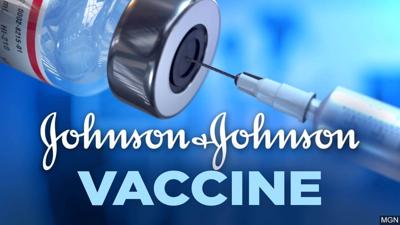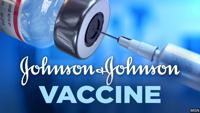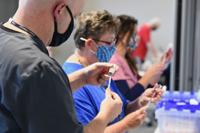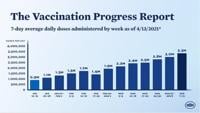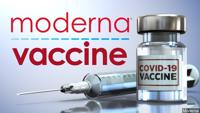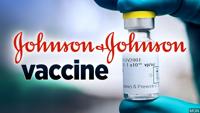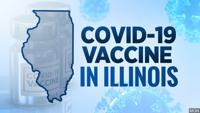(WSIL)--The six cases of blood clots in women who received the Johnson and Johnson vaccine put distribution of the vaccine on pause, but whether there is a link between the vaccine and the clots is still yet to be seen.
"So we don't even know that the vaccine even causes this clot for sure yet, because numbers are still being gathered, statisticians are still running the numbers, and they're still trying to decide, 'is this a coincidence, or did the vaccine actually cause this?'" said Murphysboro physician, Dr. Jeff Ripperda.
According to Dr. Ripperda, the clot has a very small chance of developing naturally.
"It looks like if you get the vaccine, it increases your risk of getting this type of clot by about 3 times. But that is still an exceedingly small number," said Dr. Ripperda.
The chances of developing the clot are currently less than one in a million.
When it comes to fighting COVID-19, Dr. Ripperda said getting the vaccine is the safer bet.
"For people between the age of 20 and 40, your odds of dying of COVID last year was about 125 in a million. Meaning you are 125 times more likely to die of COVID than you are of getting this clot," said Dr. Ripperda.
Dr. Ripperda also said nothing is guaranteed to work perfectly, medicine is about taking the best chance for the best outcome.
"And in terms of playing the odds for COVID, I mean, there's not really a decision. Your best odds by far are getting the vaccine," said Dr. Ripperda. "There's not a single medication out there or a medical treatment out there that doesn't have side effects. It doesn't exist."
If you received the Johnson and Johnson vaccine, and you are experiencing an abnormal severe headache about a week after your dose, and you are a woman who between 20 and 50 years old, Dr. Rippereda does recommend talking to your doctor.
Coronavirus Resources
- Are you fully vaccinated? for guidance from the CDC.
- Â for the latest information from the Illinois Department of Public Health.
- Looking for local information on the COVID-19 vaccine? .
- for News 3 WSIL's latest coronavirus coverage.

